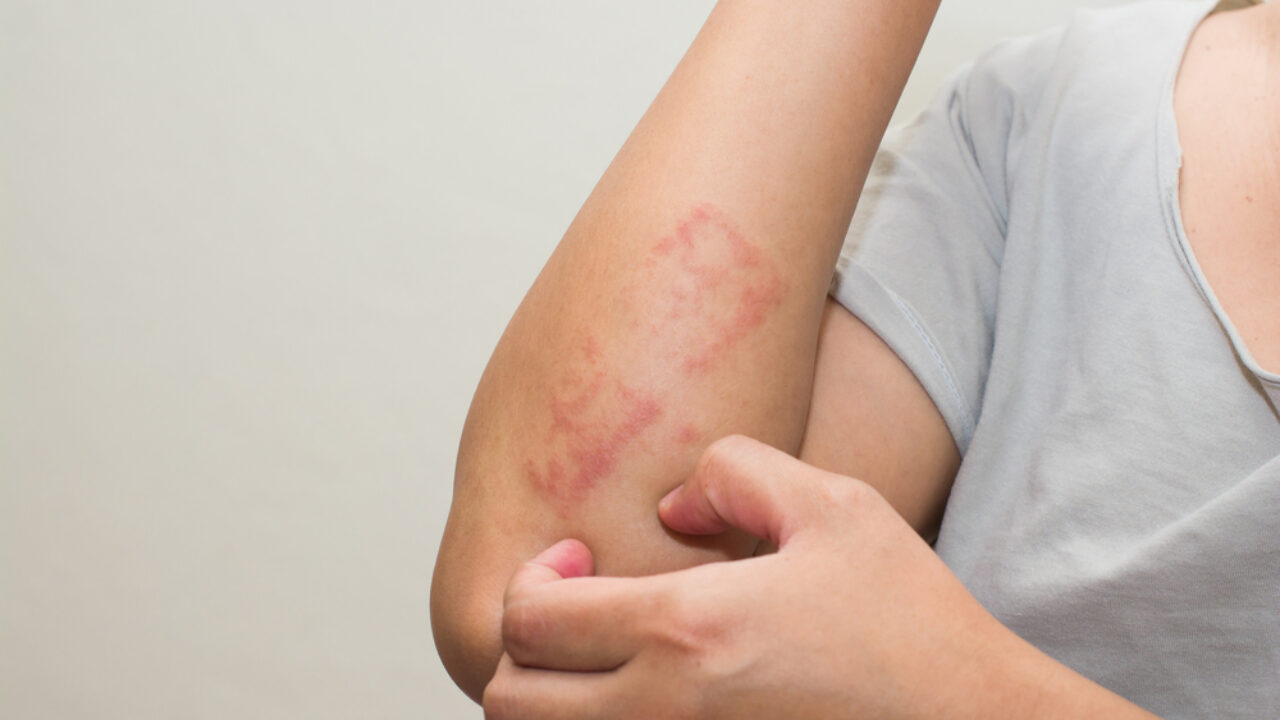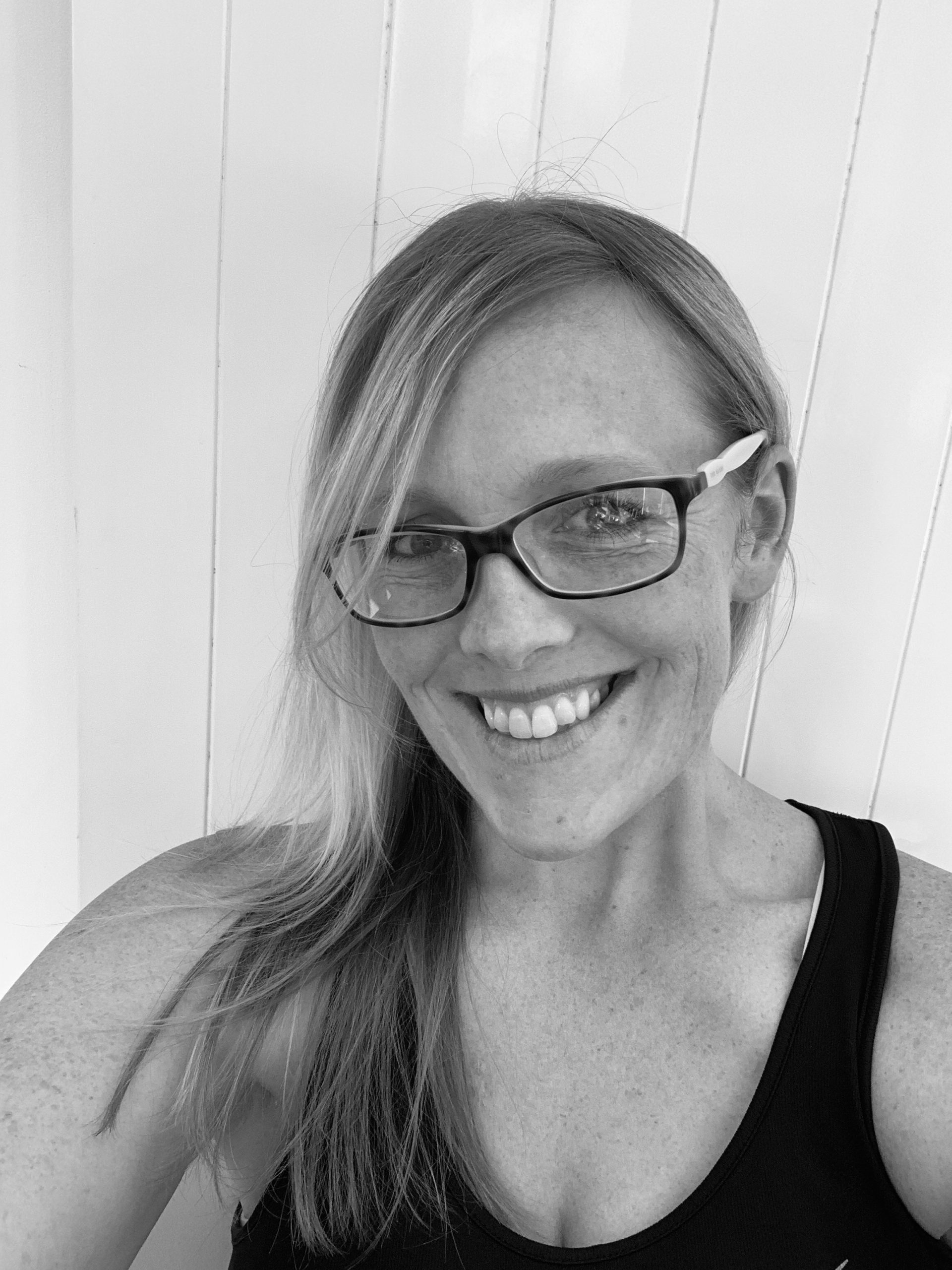
Picture credit: Shutterstock
Whether it’s because we now know more about eczema, or because our lifestyles have changed so rapidly in recent years, but the number of people with the skin condition has been rising for more than a decade.
Although it predominantly affects children (10-20%) – with 60% of them developing it before the age of one, and 80% before age five – it’s also prevalent in around 1-3% of adults.
This percentage drops so significantly because the majority of children outgrow having eczema but, even if it hasn’t reappeared for years, this chronic condition can result in regular flare-ups.
Although there are a series of paid research studies on the condition, up until today, eczema has no cure – particularly severe forms – and can have a significant impact on daily life, making it difficult to cope with physically and mentally.
To help manage its symptoms, we’ve spoken to experts to learn more about the different types, what causes it, and the best eczema treatments to give you some relief.
READ NEXT: Best eczema treatments
This is a complicated question to answer because there are various types, yet all of them manifest themselves as typically itchy or painful skin conditions.
It is suggested that where there is a breakdown of the skin barrier, it can lead to exposure of allergens via the skin which results in sensitisation (production of IgE antibodies) and the development of an allergy.
According to Dr Ross Perry, owner of skin clinics chain Cosmedics, “there is no set pattern to what triggers eczema and at what age. There is a vast range of potential triggers that could influence a person’s eczema.
“For some, it is external factors, such as exposure to irritants. So if a person’s career requires them to use products such as hand gel or cleaning agents, then that could easily cause flare-ups. Having the hands wet a lot, or exposed to the cold can also make it flare up in later life.
Eczema is worse in winter as cold weather tends to make the skin drier and more reactive to the inflammatory process. Hormones can also be a factor, so while some may find that their eczema improves after childhood and puberty, others may find that it gets worse during or after the menopause.”
Atopic eczema, or atopic dermatitis, is the most common type.
This causes the skin to become itchy, dry and cracked, and it’s estimated that as many as 15 million people in the UK could be living with the condition.
PSORIASIS VS ECZEMA
We should also note that psoriasis is not a form of eczema. They are separate skin conditions, even though they look similar.
Psoriasis causes red, flaky, crusty patches of skin covered with silvery scales, usually on your elbows, knees, scalp and lower back. The patches are usually small, can can be itchy and sore.
It affects 2% of people in the UK and is believed to be an auto-immune condition that develops in people between the ages of 15-35.
The second most common type of eczema is irritant eczema.
As its name suggests, this is caused by irritants in soaps, hand washes and similar and is especially prevalent in people who frequently wash their hands.
In fact, the increased hand washing, lifestyle changes, and heightened stress levels throughout lockdown will certainly have impacted many irritant eczema sufferers.
Dyshidrotic eczema: This form, also known as pompholyx eczema, leads to small, very itchy blisters on the edges of the fingers, toes, palms, and soles of the feet.
It tend to affect women more than men and is linked to seasonal allergies. The blisters can last up to three weeks before they dry and become cracked.
Discoid eczema: Also known as nummular eczema or discoid dermatitis, this type causes skin to become itchy, swollen and cracked in circular or oval patches.
Without treatment, discoid eczema can last for weeks, months or years and is one of the most likely to flare up regularly, often in the same areas each time.
Varicose eczema: This type affects the lower legs and is also known as venous, gravitational or stasis eczema. People with varicose veins are more likely to have this type of eczema and it makes the skin look red or brown, and crusty.
“Individuals may find the condition is cyclical, where it goes in stages of flaring up and bothering them to being non-existent.
“There is no cure, however you can manage the condition through effective emollient use, lifestyle changes and meditation”, dermatologist Dr Mary Sommerlad on behalf of Cetraben told mamabella.
“The best advice is to try to work out what your triggers are and avoid them where possible,” advised Dr Perry. “For all sufferers, regular moisturising with a non-irritant is vital to keep the condition at bay.
“Also try to avoid scented creams and retinol based products. Whenever there’s a flare-up, try to get it under control as quickly as possible.”
Other top tips include:
“If the flare-up is not controlled then some simple hydrocortisone cream may help, but stronger creams will need to be prescribed by your doctor”, Dr Perry added.
The simple basics with eczema is to apply creams to all key trigger areas such as the face, hands, neck and elbow creases, for example.
Applying moisturisers daily will keep the skin well moisturised and clean and help to prevent the rubbing and scratching of the skin –anti-inflammatory creams should be applied when the skin is particularly irritable.
We’ve picked what we consider to be the best and most effective creams and lotions on our eczema treatment page.

Alicia is a PR consultant and freelance journalist with more than a decade specialising in all things tech. In her free time, when not juggling three children, she writes beauty articles and can be found wining and dining writing food and drink reviews
